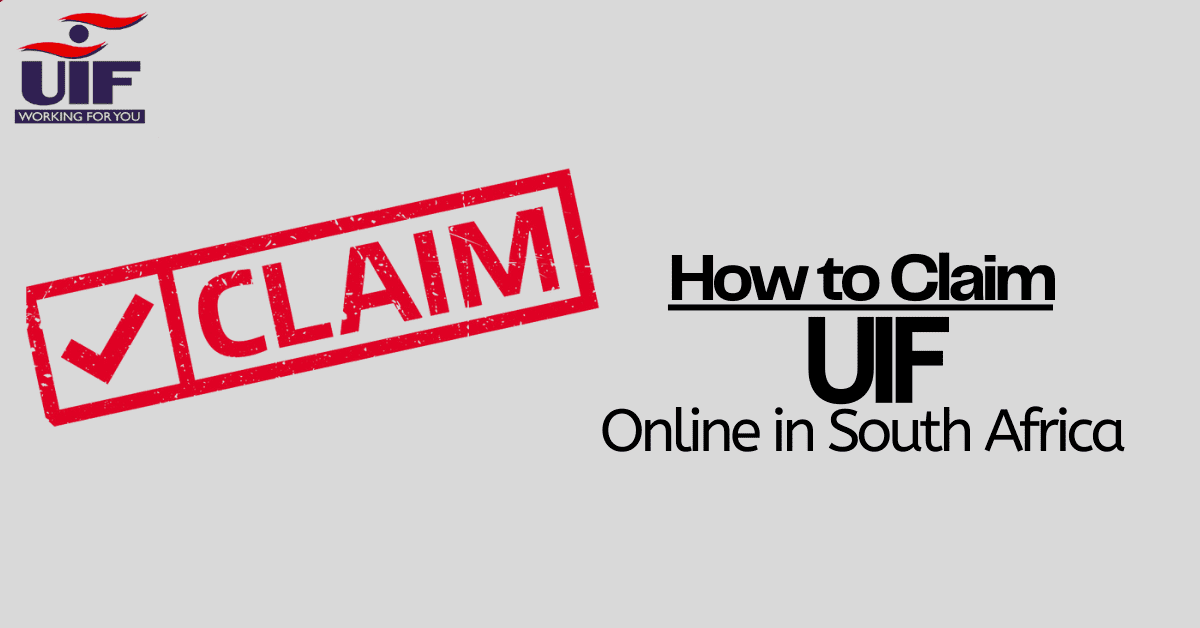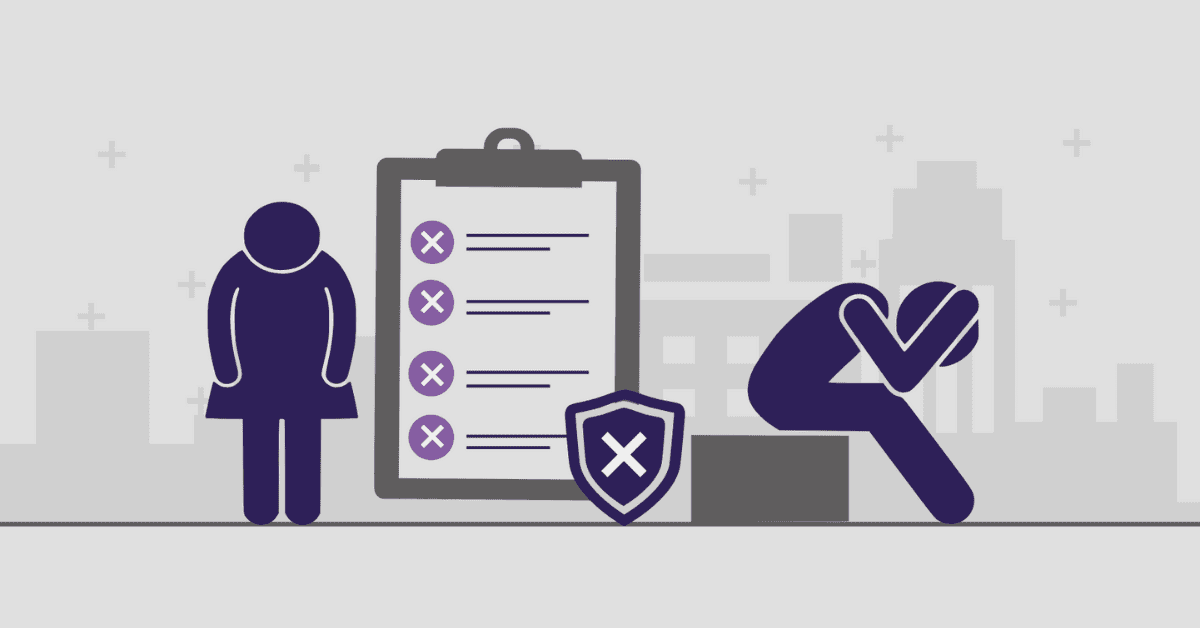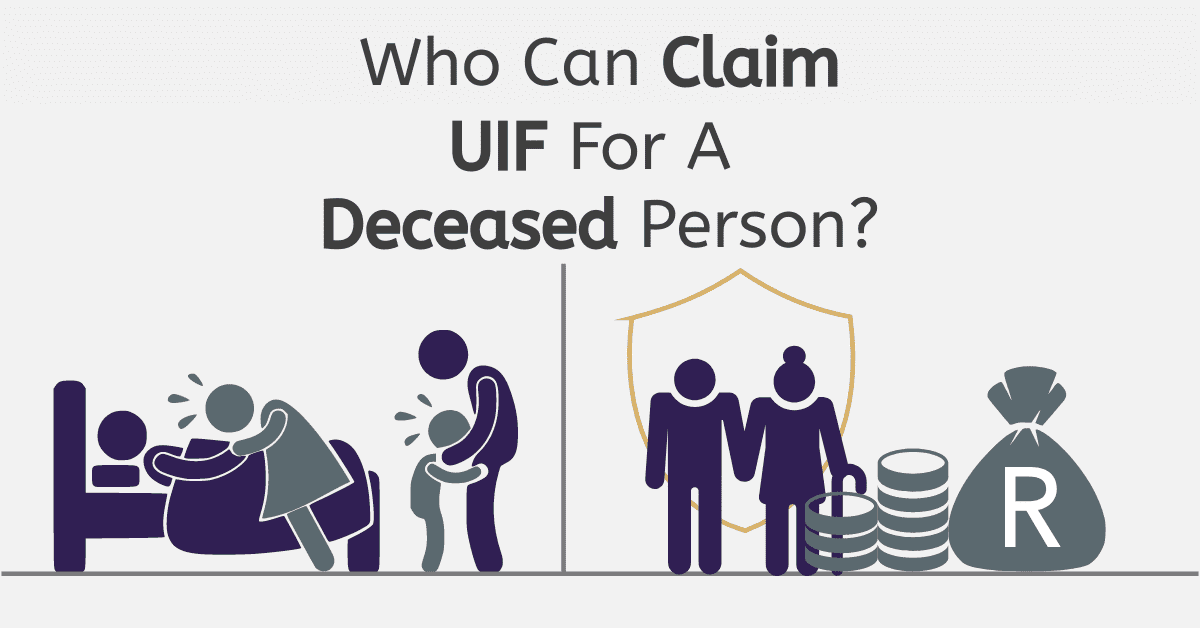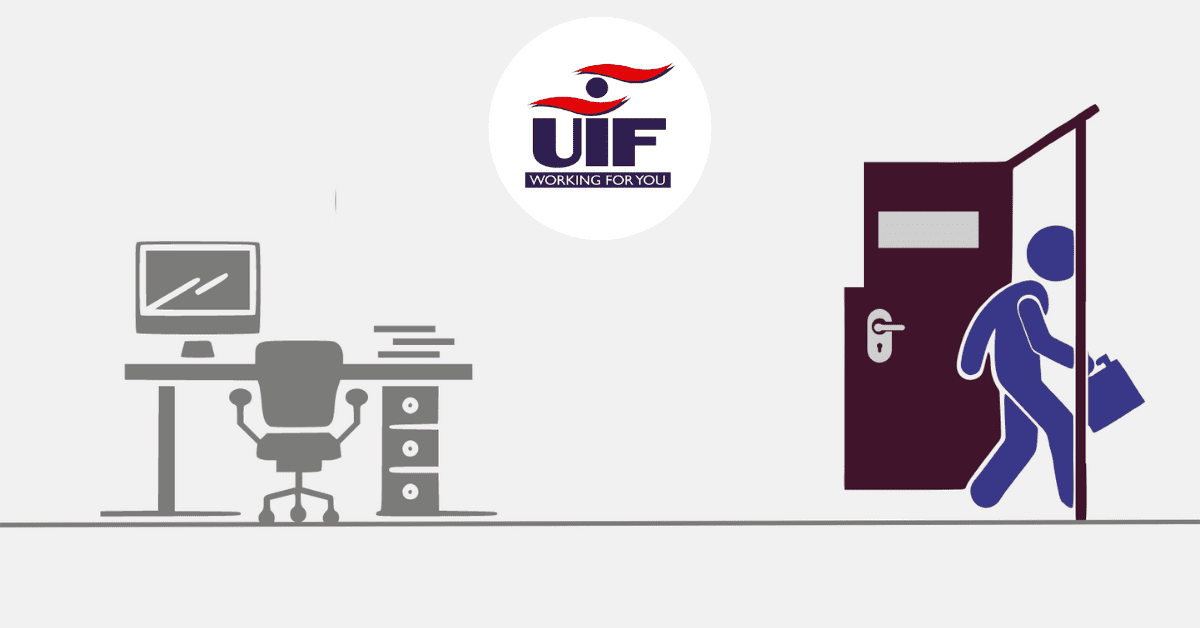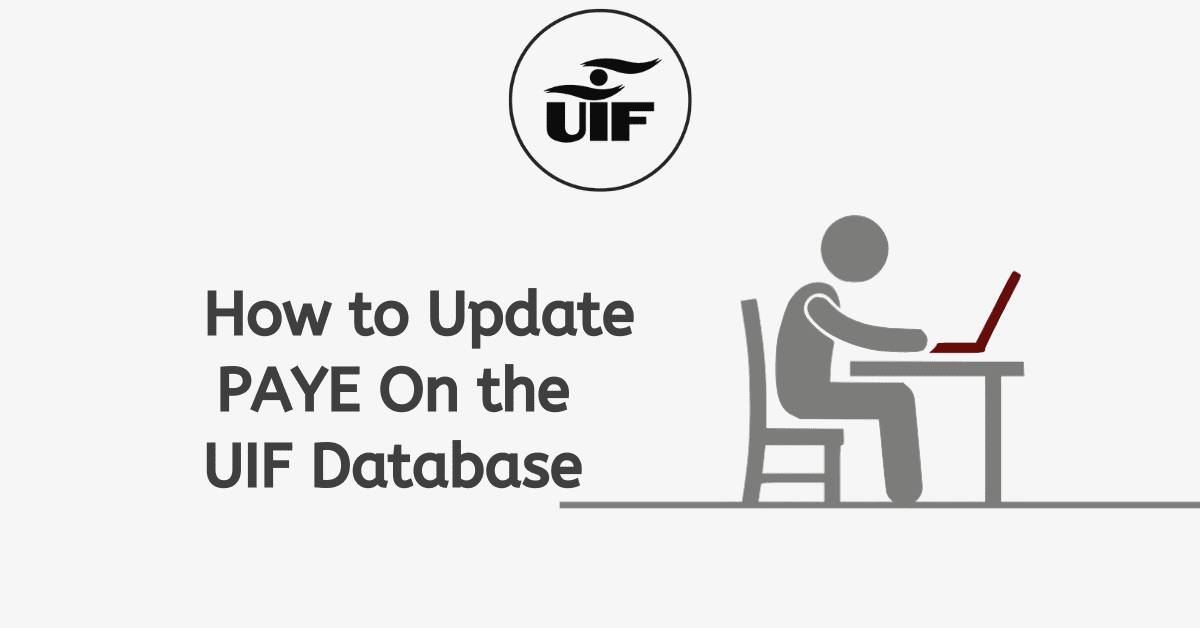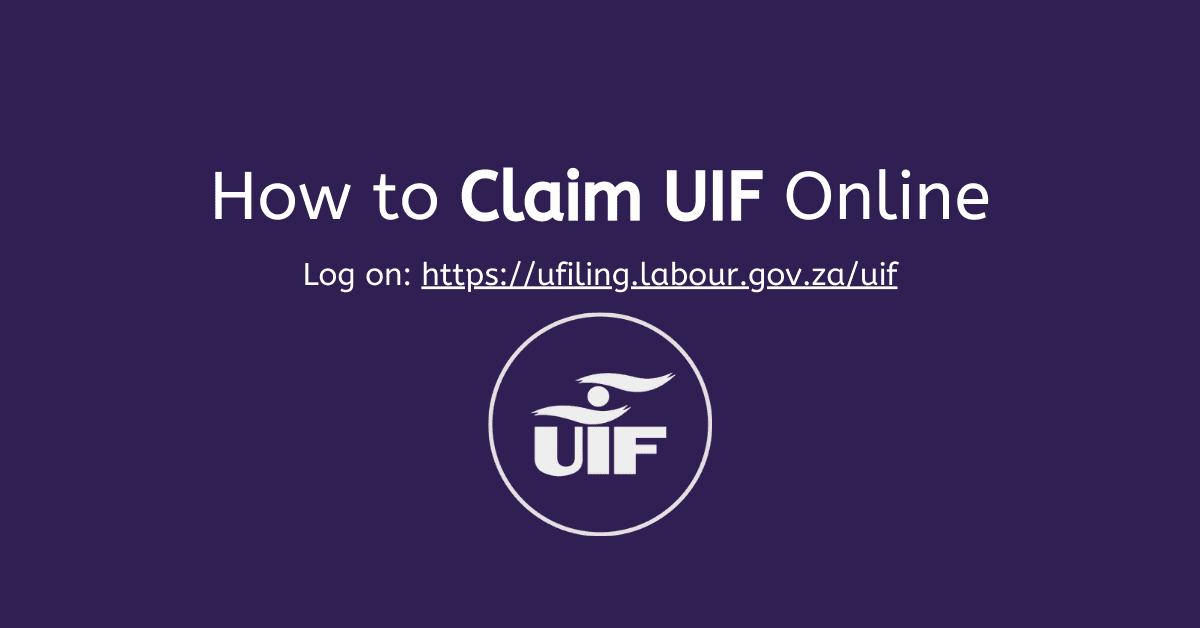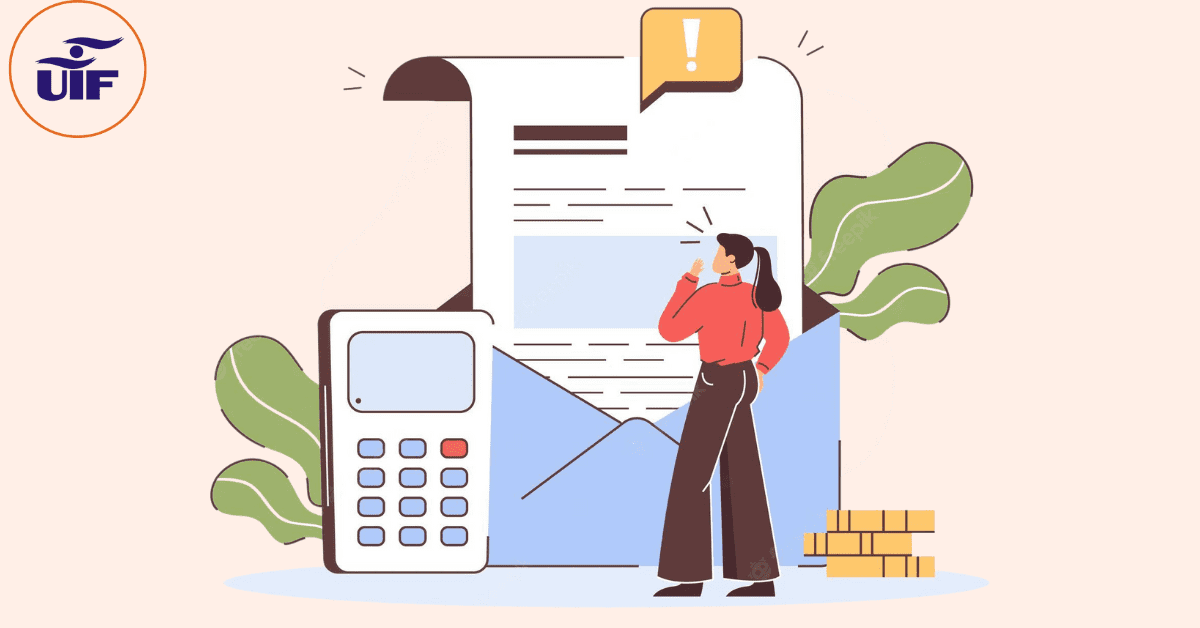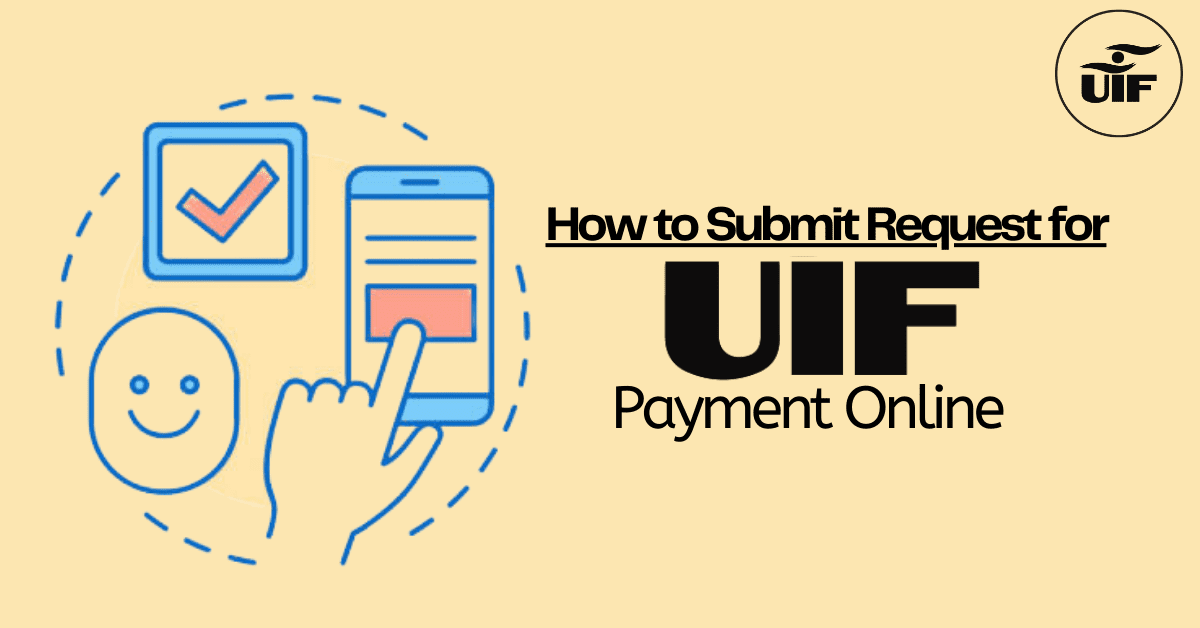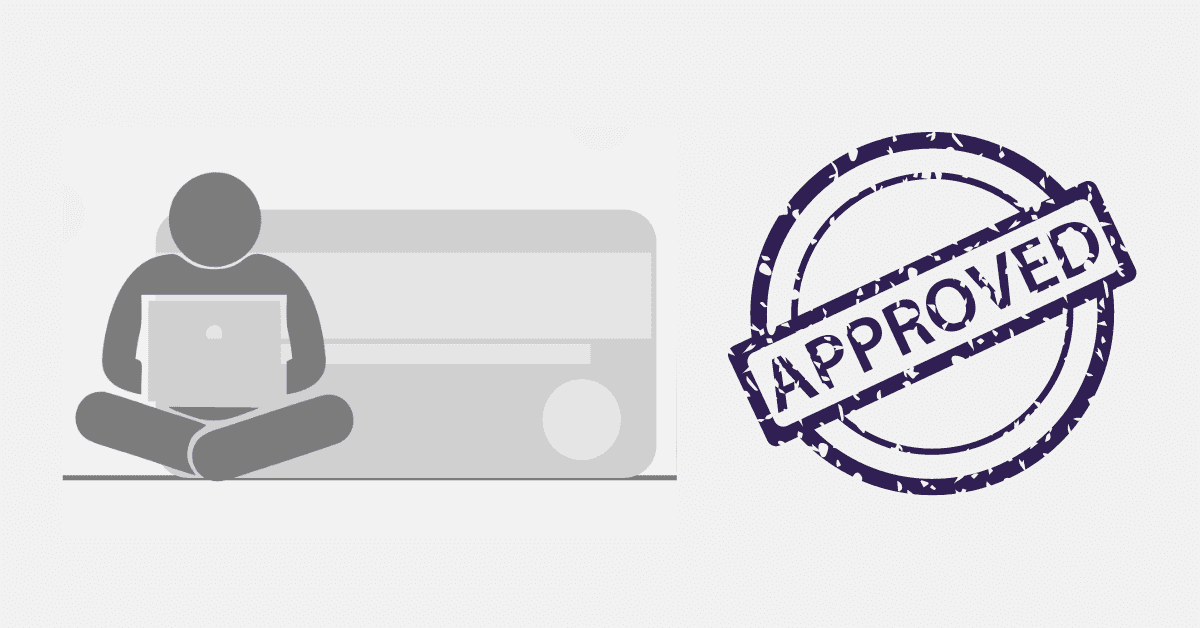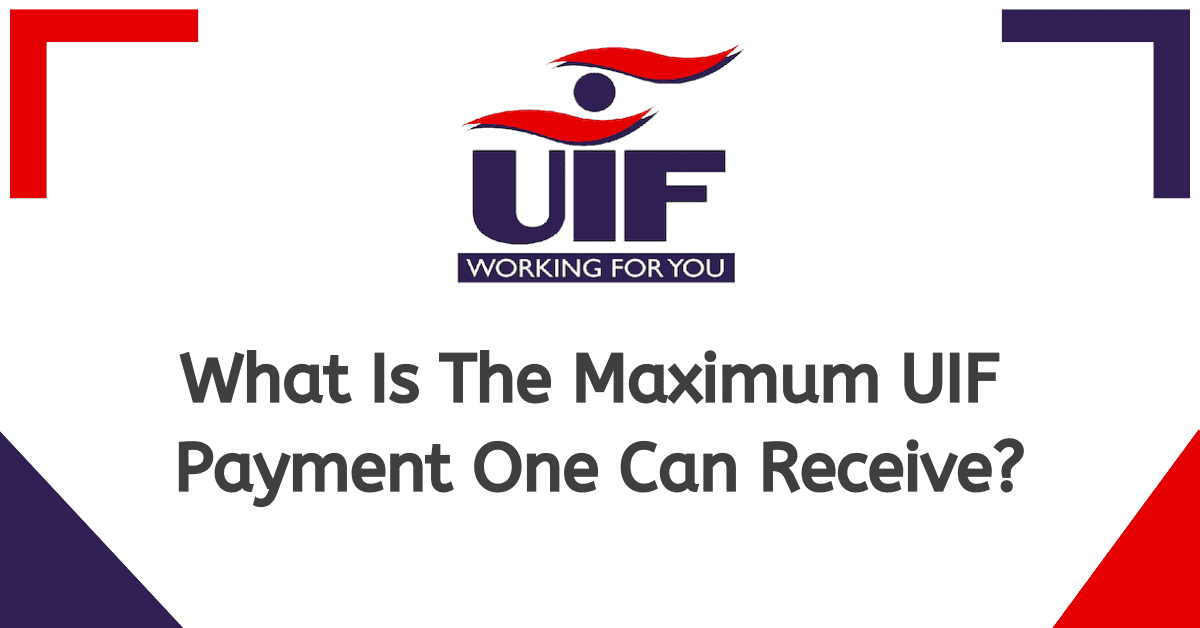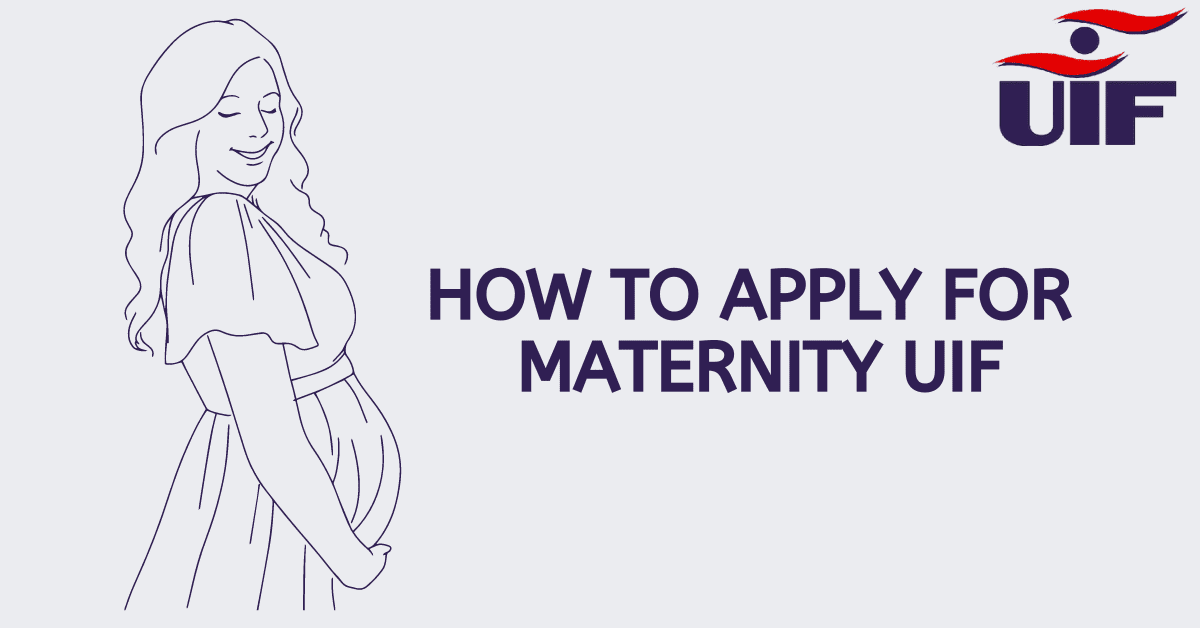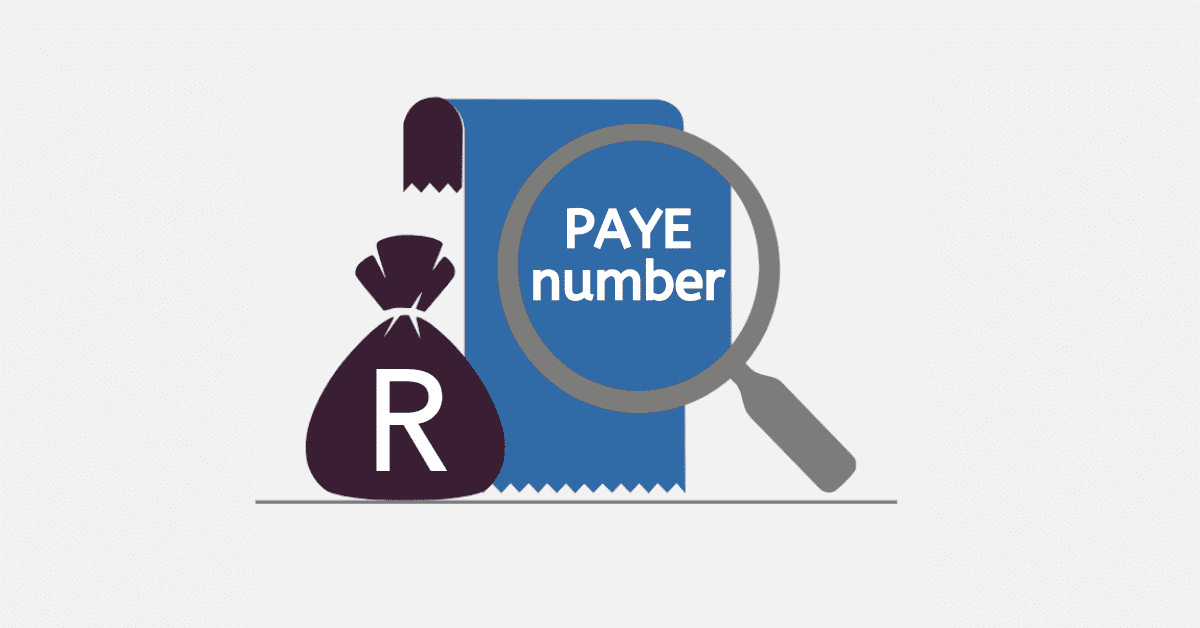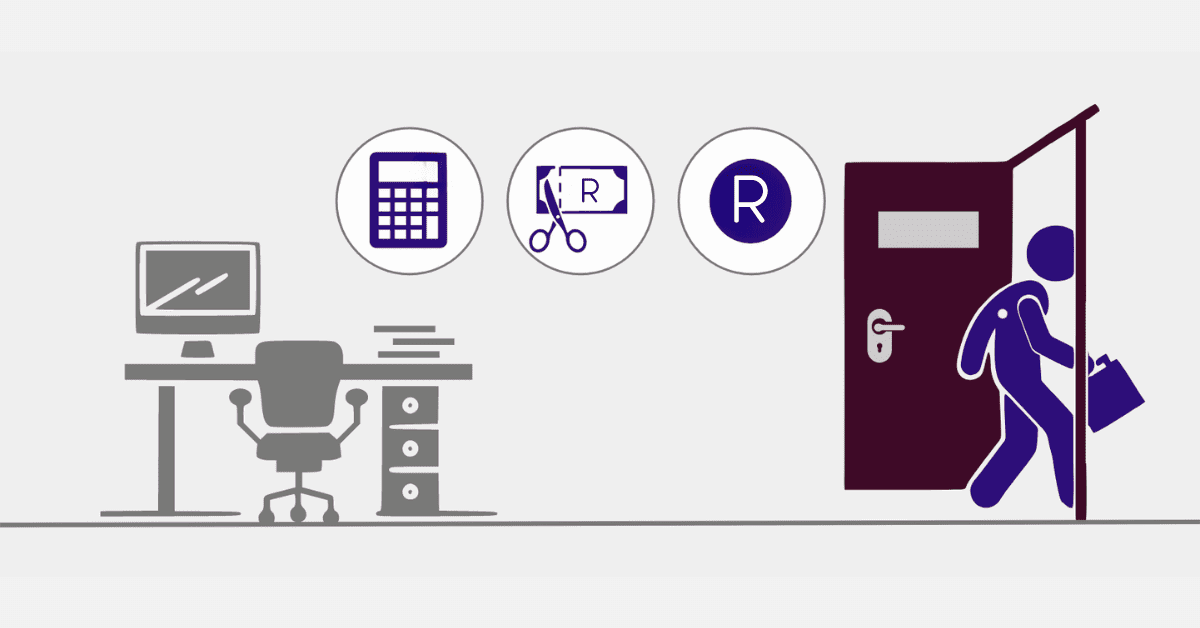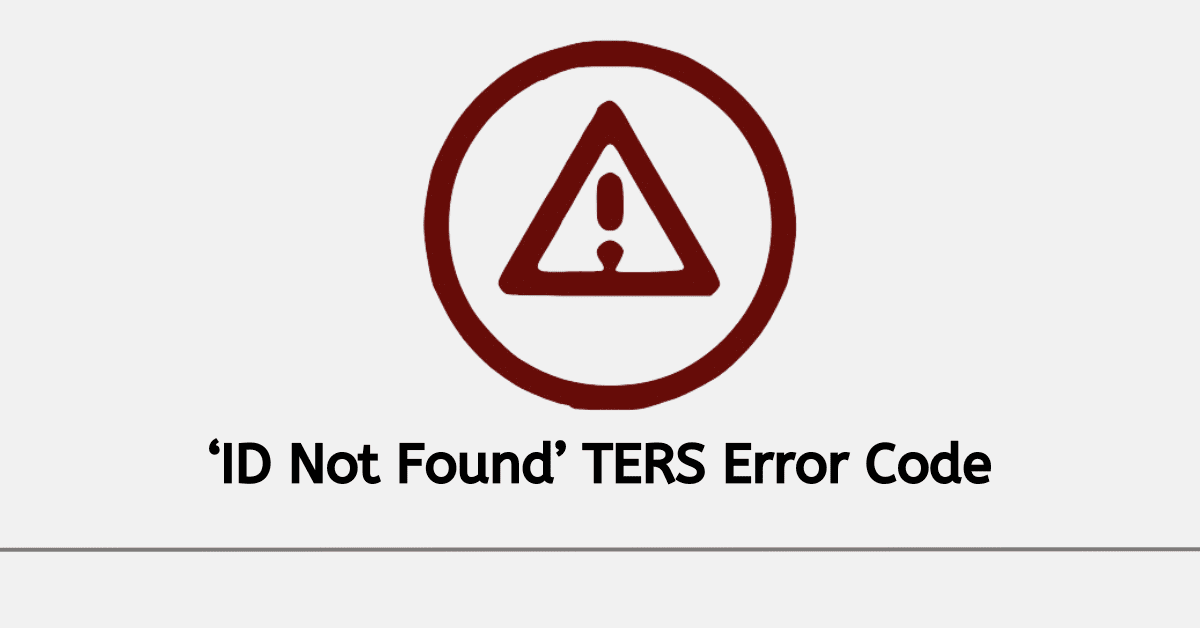The Unemployment Insurance Fund (UIF) is a social security system in South Africa that helps workers who lose their jobs for reasons like being laid off, getting fired, or getting sick. The UIF is paid for by contributions from both employers and employees. These contributions are used to pay benefits to qualified workers. The Department of Employment and Labour is in charge of the UIF’s policies, which are meant to keep the economy stable and cut down on unemployment in the country. In the past few years, the UIF has made a lot of progress
As we continue to update you on the UIF scheme, we will share with you those exempted from paying UIF in South Africa, the penalties or charges available for not contributing to UIF, and other related subjects.
Who is exempt from paying UIF in south africa
If you did not know, UIF has an exemption policy available in South Africa. To understand the purpose of the UIF, it is crucial to understand its policies, missions, and objectives.
As part of the objectives of UIF, there are a few people who are exempt from paying UIF in South Africa. This expectation is not based on race, skin colour, or religion but rather on the policies that are aligned with this scheme. The point of the UIF is to be able to provide benefits to employees or workers who are laid off or cannot work for a good reason.
If you are an employee in South Africa and looking to know who is exempt from paying UIF in South Africa, then this article is for you.
Here is a list of people who are exempt from paying UIF in South Africa:
- Employees in the domestic service business who work less than 24 hours per month for their employer.
- The people who work for the government get paid by that body.
- Workers are now getting assistance from the state for being unemployed.
- Learners working under a leadership deal set up by the Skills Development Act.
Do casual workers pay UIF?
Before we look into whether casual workers pay UIF or not, let us dissect what a casual worker is. This can mean a few other things within a certain scope or region. But as our content surrounds South Africa, let us explain who a casual worker is before looking into “Do causal workers pay UIF”.
Casual workers are usually hired for a certain amount of time or to do a specific job, like helping out during a busy time, filling in for a normal worker who is on vacation, or working on a short-term project. Most of the time, the job of a casual worker ends when the task or project is done.
In South Africa, a “casual worker” is a person who has a short-term, irregular job and doesn’t have a set or promised number of hours. Most of the time, these workers are hired to fill short or seasonal positions or to help out more during busy times.
Casual workers don’t get the same perks and protections as full-time workers, like paid time off, sick leave, and health insurance.
In South Africa, a person who works part-time must pay into the UIF (Unemployment Insurance Fund). The UIF is a government-mandated insurance plan that helps workers who lose their jobs or can’t work because they are sick or on maternity or adoption leave.
Employers and employees both have to pay for UIF. The employee’s input is taken out of their salary. Casual workers can also get UIF benefits as long as they meet the standards.
It is common knowledge that an employee who works less than 24 hours per month is considered “casual.” This can change, though, as long as the person doesn’t work less than 24 hours in a month.
Typically, casual workers pay UIF unless they work for less than 24 hours a month.
Do contract workers pay UIF?
South African contract workers work for a set duration, usually a fixed-term or project-based period. Contract workers are hired by corporations or individuals to do specified jobs or services for a set period, and their contracts usually outline their duties, length, and pay. Contract workers don’t get paid leave, medical coverage, or pension payments, and their contracts might be cancelled.
Contract employees in South Africa pay UIF (Unemployment Insurance Fund) contributions.
UIF contributions must be deducted from employee salary and sent to the UIF. Contract workers are considered employees for UIF contributions; thus, their employers must deduct and pay the UIF.
What happens if an employer does not contribute UIF?
If you did not know about the consequences of not paying UIF, then this article will give you the facts about it.
UIF will charge a 10% penalty on all unpaid back contributions for non-payment to the employer. This is what typically happens if an employer does not contribute to UIF.
UIF costs 2% of a worker’s monthly income, with 1% paid by the employer and 1% withheld from compensation.
Employers must pay UIF for domestic workers. If the employer doesn’t pay, the employer be personally accountable for the UIF’s debt. Non-payment of UIF is a crime, and the finance committee at UIF will compute interest and a 10% penalty on all outstanding back contributions.
What is the minimum wage for UIF?
No minimum wage is set by the Unemployment Insurance Fund (UIF).
Instead, it gives benefits to workers who are qualified and who are registered with the UIF and have lost their jobs. The UIF pays out benefits based on how much the person made before they lost their job and how long they have been out of work.

